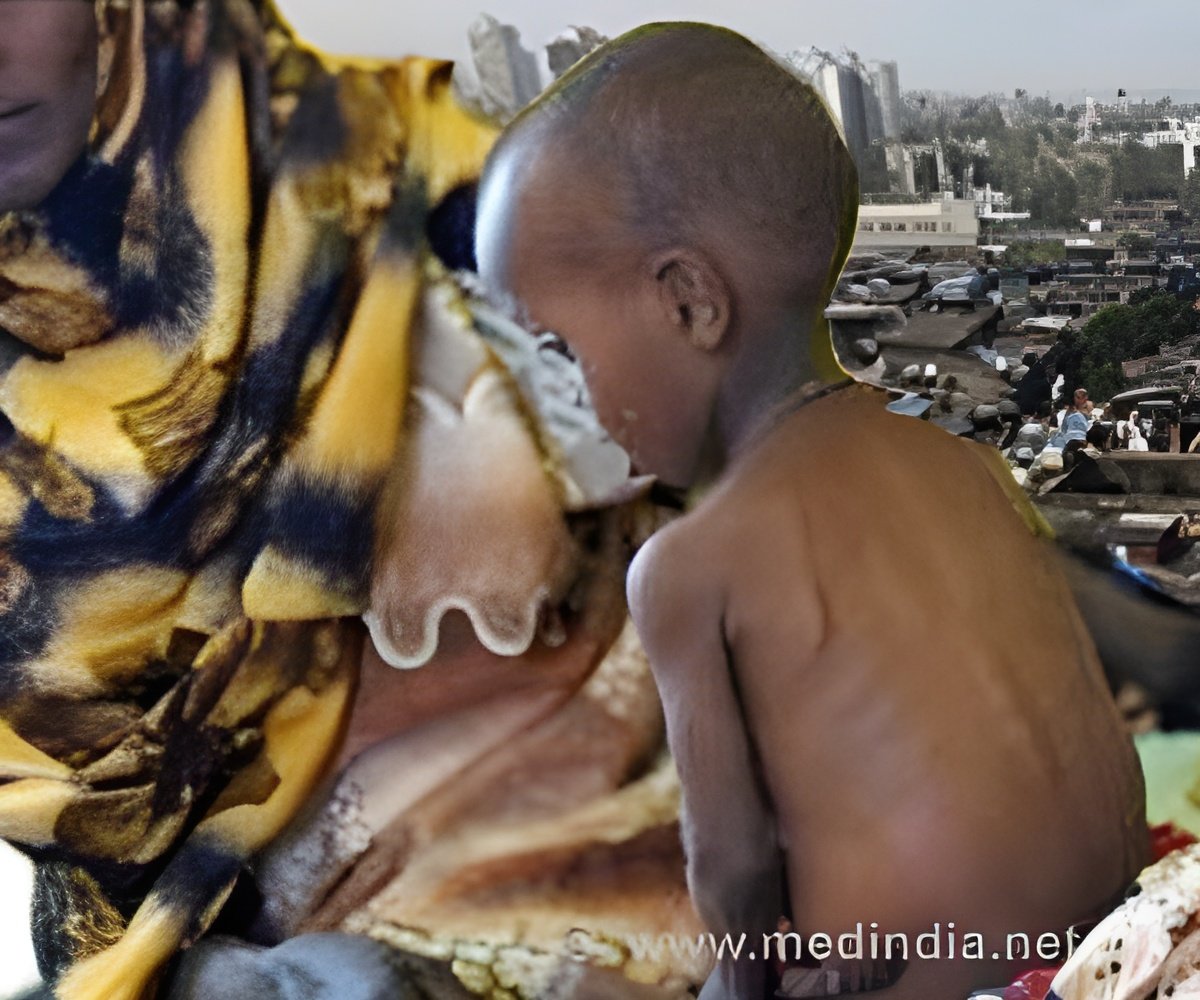
IFRC further added, "Yet the worst is yet to come. The strengthening of the El Nino climate phenomenon, which comes with warming sea surface temperatures in the equatorial Pacific, causing heavy rains in some parts of the world and drought elsewhere. The Red Cross Red Crescent Climate Center predicts a higher likelihood of flood conditions developing in equatorial Africa, and increased risk of drought in parts of southern Africa and the Sahel region."
Miriam Grove, IFRC operations manager in the Sahel region, said, "Many families are surviving on one meal a day made from leaves, which have very little nutritional value. Or, they are even going without food for days because of the erratic rainfall. These people need urgent assistance. If we can help them now, we can maintain their nutritional status and give them the tools and seeds necessary to survive worsening conditions next year."
IFRC also warned that without more aid to the region, the prospect for many affected people is bleak. Michael Charles, IFRC acting regional representative in southern Africa, said, "The regularity with which we see food insecurity in Africa has left many people apathetic. But the crisis currently facing millions of families is not inevitable and should not be acceptable. There are many things that we can do to stop this food crisis in its tracks and alleviate the impact on vulnerable people, but we need international support to make this happen."
Malnutrition is already high in the sub-Saharan African region. The UNICEF has reported that a full 37% of children in the region are stunted, a clear indication of long-term nutritional problems. IFRC warned, "Further decreases in the availability of nutritious food may be life-threatening for children, people living with HIV, and other vulnerable groups."
The organization said that it needed around eight million Swiss francs ($8.1 million, 7.25 million euros) to provide 205,000 of the most vulnerable people across six countries with urgently needed food aid and help equip their communities to withstand further climatic shocks.
Advertisement







